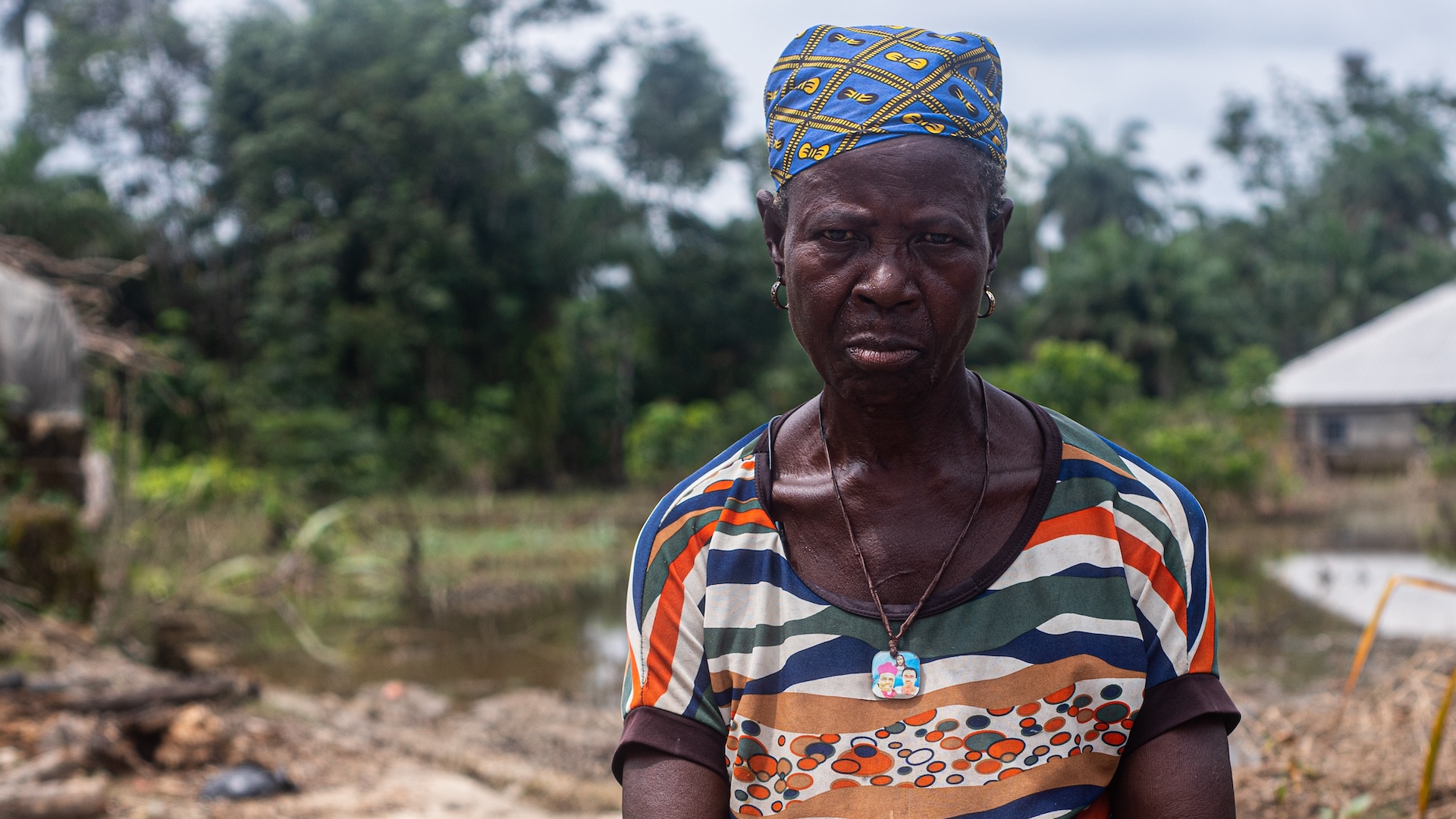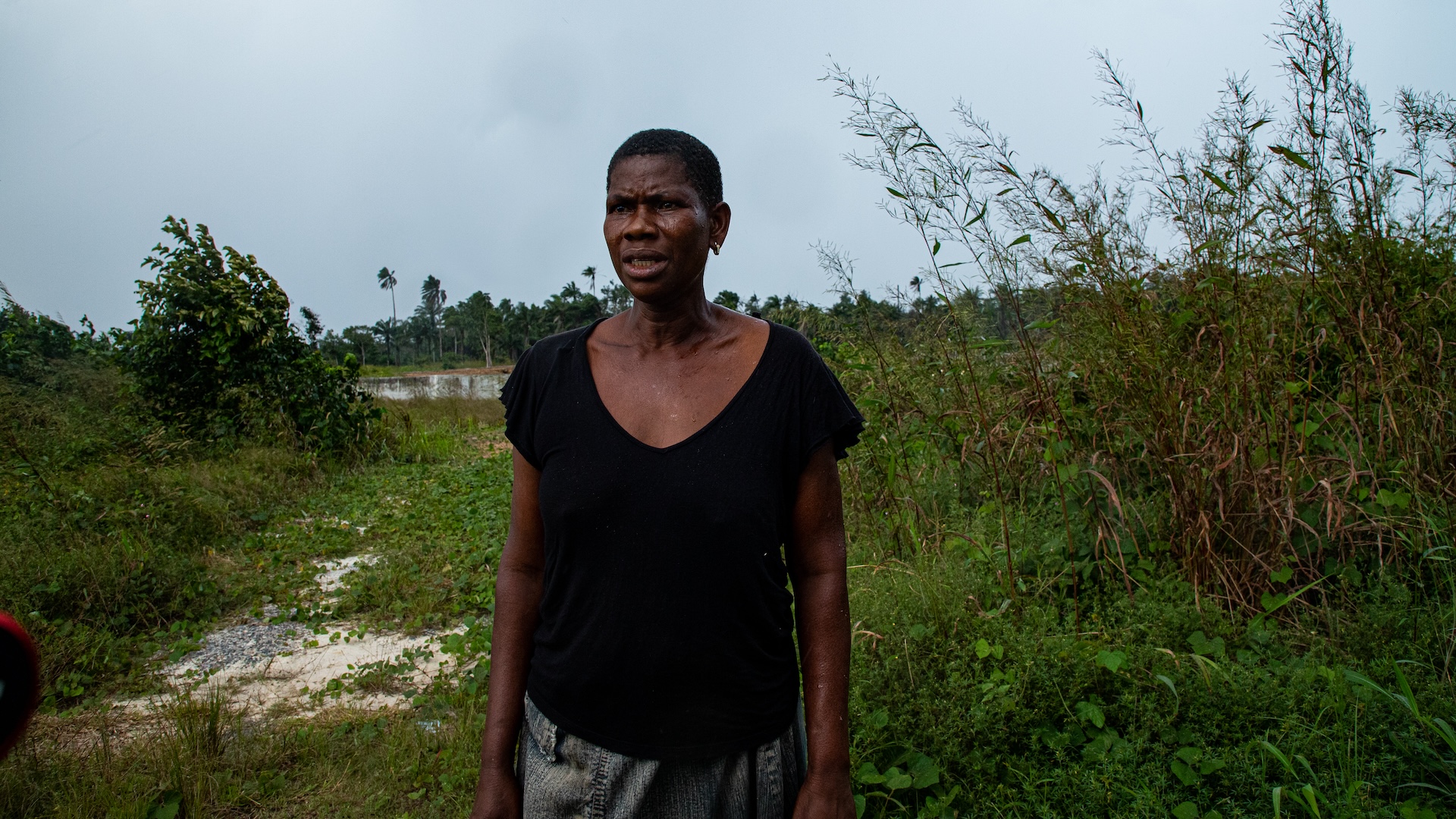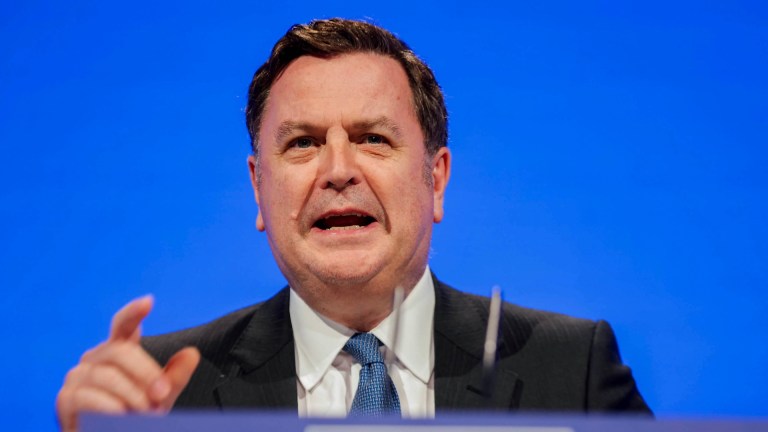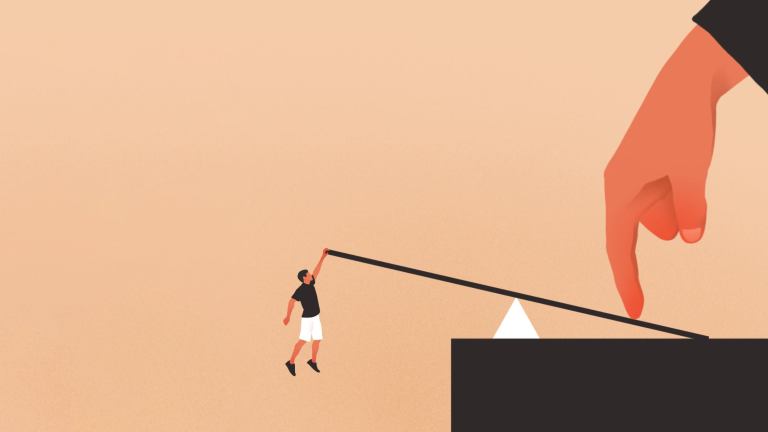This year has been packed full of ominous warnings for our planet’s future. From devastating forest fires across Europe to food insecurity in East Africa driven by floods and drought, no corner of the planet has been left untouched by climate catastrophe.
And yet, our high street banks – headquartered right here in the UK – are knowingly profiting from climate disasters whilst global temperatures rise year on year. As bank executives on cosy salaries sit in City boardrooms, the decisions they are making today will continue to have disastrous consequences for millions of people across the world, with women and girls facing the worst impacts.
Since the Paris Agreement, banks including HSBC and Barclays have pumped $3.2tn into fossil fuel businesses and a further $370bn into unsustainable agriculture and farming in many of the countries where ActionAid works, according to our recent research.

HSBC investments have gone towards harmful oil projects in Ghana and harmful agricultural practices in Brazil that stand accused of displacing and causing homelessness among Indigenous communities. Our research also found that Barclays is the largest funder of TotalEnergies in the Global South, providing US$2.1 billion since 2016 to prop up fossil fuel supermajors like Shell in countries where ActionAid works.
For more than half a century, Shell – one of Barclays’ and HSBC’s biggest clients – have been devastating communities across the Niger Delta, ruining farmlands, and destroying the complex waterways that sustains lives and incomes. Oil spills and gas flaring – the burning of extracted gas that is not captured and sold – have decimated fish populations, resulting in the loss of countless fishing livelihoods and a sharp rise in hunger among the local population. This is all while in pursuit of profit from fossil fuels which will fuel the climate crisis for years to come.
The Niger Delta region of Nigeria, home to more than 6.5 million people who depend on fishing and farming, one of the country’s main bread baskets, provides all-year-round agricultural production thanks to its lush mangroves and rainforests. It is also a region that has accounted for more than 70% of Nigeria’s foreign revenue since the 1970s. But instead of being a blessing for communities across the Delta, bringing with it wealth and prosperity to the region, Shell’s presence in Nigeria has been a curse.









